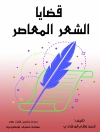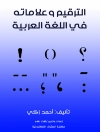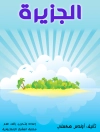Following the American War of Independence and the French Revolution, ideas of the ‘Natural Rights of Man’ (later distinguished into particular issues like rights of association, rights of women, slaves, children and animals) were publicly debated in England. Literary figures like Wollstonecraft, Godwin, Thelwall, Blake and Wordsworth reflected these struggles in their poetry and fiction. With the seminal influences of John Locke and Rousseau, these and many other writers laid for high Romantic Literature foundations that were not so much aesthetic as moral and political. This new study by R.S. White provides a reinterpretation of the Enlightenment as it is currently understood.
İçerik tablosu
Acknowledgements From Natural Law to Natural Rights The Social Passions: Benevolence and Sentimentality Rights and Wrongs Manifestoes into Fictions Novels of Natural Rights in the 1790s Slavery as Fact and Metaphor: William Blake and Jean Paul Marat The Rights of Children and Nature Conclusion
Yazar hakkında
R.S. WHITE after teaching at the University of Tyne is now Professor of English, Communications and Cultural Studies at the University of Western Australia. He has published many books and articles on Shakespeare and on Keats and Hazlitt, and his publications include
Natural Law in English Renaissance Literature (1996),
Hazlitt on Shakespeare (1996) and
Keats as a Reader of Shakespeare (1987) amongst others. He is a fellow of the Australian Academy and was awarded the Australian Centenary medal for contributions to the Humanities through the teaching of English.












